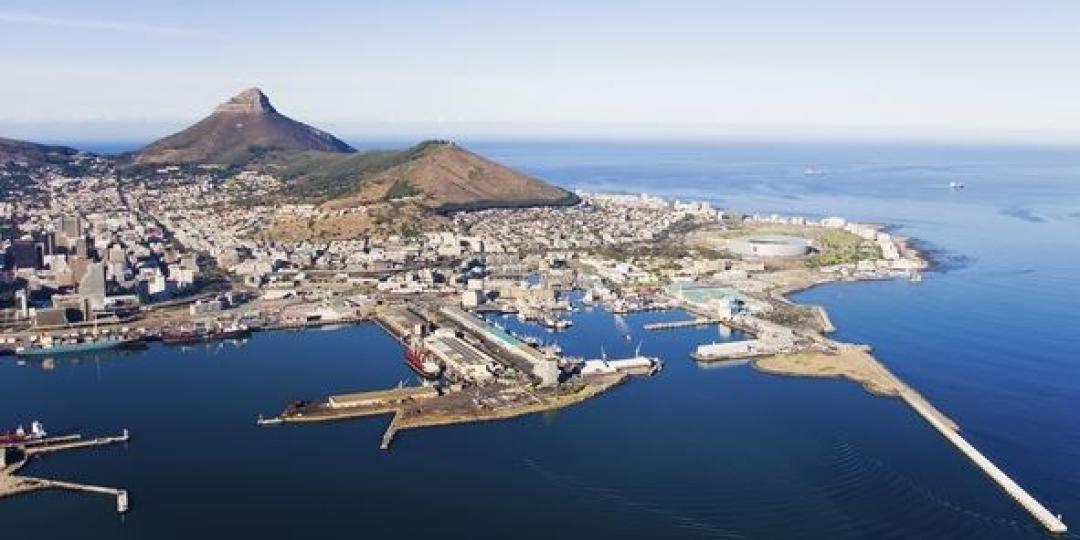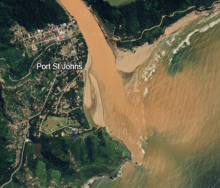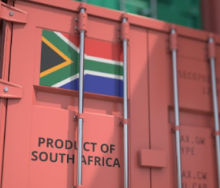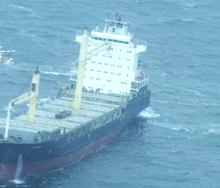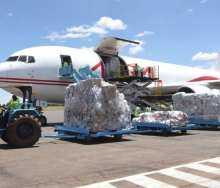The Port of Cape Town now has all of its marine crew back on duty and continues to ramp up operations and reduce shipping backlogs caused by the impact of Covid-19 on the port’s human resources. By 30 July, volumes had increased, container terminal performance had improved, and only one container vessel was at outer anchorage - reduced from nine vessels just two days earlier. Transnet Port Terminals believes that the backlog of cargo will be cleared by mid-August, after last week’s inclement weather delayed progress and shifted the original target of end July.
Mpumi Dweba-Kwetana, Cape Town port manager, said: “It is encouraging to see that terminal operators in the Port of Cape Town now have a better handle on Covid-19 cases. Employees who have been sick and in isolation are returning to work.”
Marine operations human capital has improved - from 60% capacity at the beginning of July due to positive cases of Covid-19 coupled with employees in quarantine - to 100% by 30 July. All marine pilots have been on duty throughout the month and Transnet National Ports Authority has been able to offer a full marine service to move vessels in and out of the port. The full marine fleet available includes two tugs, and a third tug on standby, one workboat, one pilot boat and one launch.
Berthing services - which were most affected by the virus spread among employees - were back to normal at the beginning of the month with two berthing gangs in place.
Progress towards full operations is shared in TNPA and TPT’s bi-weekly virtual meetings with all port stakeholders, including private operators, shipping lines, the Department of Economic Development and Tourism, as well as industry bodies.
The trucker strike action outside the port did not impact port operations at the Port of Cape Town Container Terminal. The port handled 17438 TEUs versus 12000 the previous week. Efficiency rates improved last week with GCH slightly up - to 18 from 17 - and SWH to 45 moves from 38 moves per hour.
By 30 July GCH performance had been sustained and SWH had improved slightly to 46 moves per hour.
The average waiting time at anchorage for container vessels had been reduced to four days by 28 July and by 30 July there was only one vessel at anchorage and one on the horizon.
Although operators from Durban returned to KZN on 29 July, the terminal will maintain the six-gang operation due to Cape Town employees being back at work. Preparations to introduce the seventh gang in time for the reefer season are under way, with recruitment and training progressing well, according to Dweba-Kwetana. Five additional OLEs and additional technical staff have also been appointed
Four new straddle carriers were handed over to operations this week, following their commissioning.
Sipho Khanyile of Transnet Port Terminals said the Multi-Purpose Terminal (MPT) was working two berths with two gangs, two mobile cranes, four straddle carriers and two reach stackers.
It had handled 1450 tons of cargo since the last report.
Average waiting time was three days, SWH was 16.5 moves per hour, and berth occupancy was at 54%.
David McCallum of shipping agency DAL said he appreciated the reduction in vessels waiting at anchorage.
